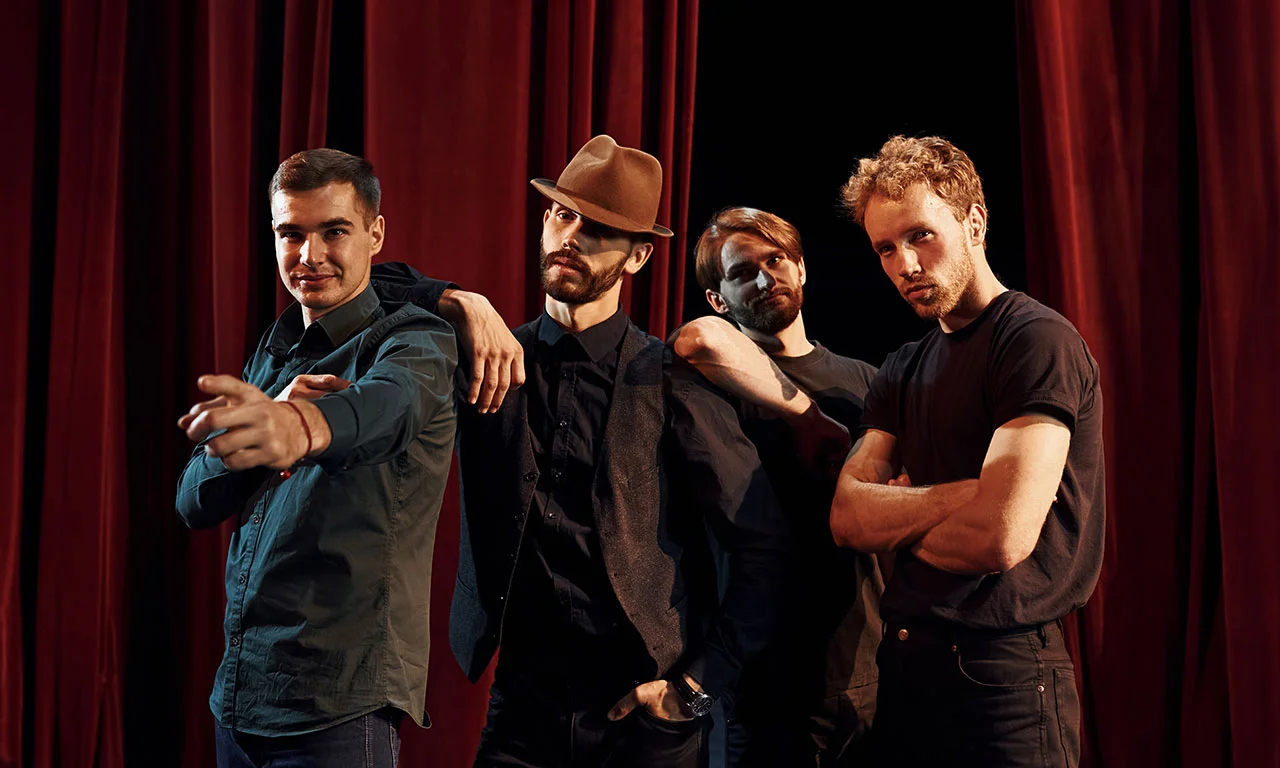Some comics pick on a few people in the audience during their set. If you’re wearing a silly hat, have a funny ringtone, or are a single guy, you will likely be the target of their attention.
Find a comic friend to call or meet with you to run through your jokes and premise ideas. This is one of the most helpful things you can do to help your comedy grow.
Don’t take it personally.
As a comedian, you will learn more from the jokes that fall flat than those that get big laughs. This is true of open mics as well as a comedy club show. You will learn more about your audience and material whenever you perform something that doesn’t work.
Many comics choose to use their entire set as a way of experimenting with different approaches to humor. They may try out a few stale jokes and even some new jokes. This is an excellent way to see how the audience responds to them before committing them to a complete set.
During their sets, comedians from professional Washington DC Comedy Shows often pick on members of the audience who catch their attention. This can be fun and even enlivening for the crowd. However, it is essential not to let these comments derail your material. The audience will pay to see you perform, not vice versa.
Be prepared
Comedy club emcees look down upon even brand-new comedians who wear shorts on stage. This is because they want you to give them a professional show.
Avoid starting your set with the “Give it up for our host!” or “How’s everybody doing tonight?” claptrap. It wastes time and detracts from your jokes.
Don’t memorize your jokes, either. This is a surefire way to sound robotic and boring. Instead, have a few solid marks ready and improvise the rest.
Tip: Sometimes, the best ideas for a joke come to you in the shower. There’s science behind this. Get a notepad and write your thoughts down.
It’s essential to know your audience. Try to find out if they are a rowdy, rigid, or soft audience. This will help you tailor your material and make them laugh. Also, remember that you’re a comedian and not an actor. The audience isn’t there to hear you recite your script.
Take your time
Taking your time onstage is crucial. It allows the audience to digest your jokes, helps you write better, and makes you seem more confident. If you rush, the audience will get bored and leave before you finish your set.
Start and end strong. It’s essential to have a good hook at the beginning of your joke and a punchline that will be remembered at the end. You also want to try to work in callbacks, which reference previous marks in your set.
Specific words and phrases are usually much more fun than general terms. Go through your jokes today and change any too available to more specific ones.
Many comedians use breathing exercises and visualization to help them feel calm before they perform. They may even practice their material in front of a mirror to help them prepare for the show. Whether you’re a veteran or starting, constantly improve your act. It doesn’t just “click” one night as you see in movies and TV shows; it happens front after show, joke after joke.
Be polite
Regardless of your position in the room, be respectful and courteous to other comedians, the MC, the host, and the venue staff. It’s not just common sense to treat others well but also the best way to make your show the most enjoyable.
If the comedian asks for reactions, please respond appropriately. This is often the best audience interaction and shows that you are listening.
When you finish your set, return the microphone to its stand and place it on center stage. Passing a microphone around during a performance is terrible for the sound system, looks awkward and unprofessional, and distracts the audience. Also, don’t stand in the back of the room and talk loudly now that your set is over – this makes it difficult for other comedians to get a focused crowd. This is also very unprofessional and can ruin the experience for everyone involved. Lastly, thank the booker and owner of the venue after the show (not after your set) for booking you and allowing you to perform.


















